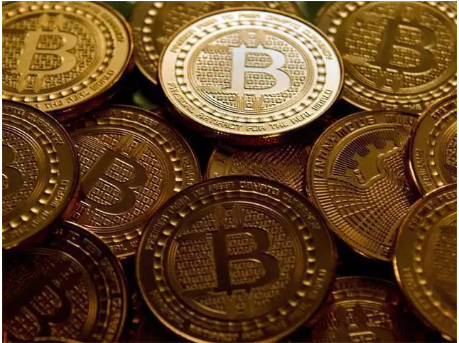Internet and Mobile Association of India (IAMAI) had filed a petition seeking a stay on the RBI circular banning banks and financial institutions from providing cryptocurrency services in the country. IAMAI claimed that the ban enforced by RBI is "arbitrary, unfair and unconstitutional". On July 3, SC has simply refused to stay the Reserve Bank of India (RBI) circular. This means the official date of the enforcement of cryptocurrency ban in the country remains unchanged on July 6.
For those unaware, the RBI on April 6 floated a circular to all financial bodies regulated it prohibiting them from "providing any service in relation to virtual currencies, including those of transfer or receipt of money in accounts relating to the purchase or sale of virtual currencies". RBI had given a time frame of three months for businesses to exit the cryptocurrency market before July 6.
“The Supreme Court, as of now, has simply said that the RBI circular can remain valid but this doesn’t represent the permanent views of SC. It still remains to be seen as to how both SC and RBI approaches cryptocurrencies in India. It is too early to decide on the fate of cryptocurrencies as of now,” said Namita Viswanath, Principal Associate, IndusLaw.
Several other participants in the Indian cryptocurrency market took RBI to court after the April 6 circular. After five such petitions against RBI in different courts, the SC intervened in May to bar other courts from taking pleas over cryptocurrencies. It announced that a common hearing will take place on July 20. Initially, the petition by IAMAI was also scheduled to be heard on July 20, but the hearing was preponed to July 3 on request.
One of the reasons as to why Bitcoins are banned by RBI is that India’s law requires currencies "to be made of metal or exist in physical form and stamped by the government.' In other words, cryptocurrencies could soon make way for a parallel economy in the country. Without any regulations, the government will hardly have any control over it. While the cryptocurrencies are banned for now, there is scope of RBI issuing guidelines for regulating cryptocurrencies in the country and removing the blanket-ban in future.
“The nature of the regulatory frame is important. If the regulation for cryptocurrencies is such that it puts in place several checks and balances but doesn’t curb the growth of this nascent financial industry then it will be progressive for the nascent industry,” said Viswanath.
Authors get paid when people like you upvote their post.
If you enjoyed what you read here, create your account today and start earning FREE STEEM!
If you enjoyed what you read here, create your account today and start earning FREE STEEM!
